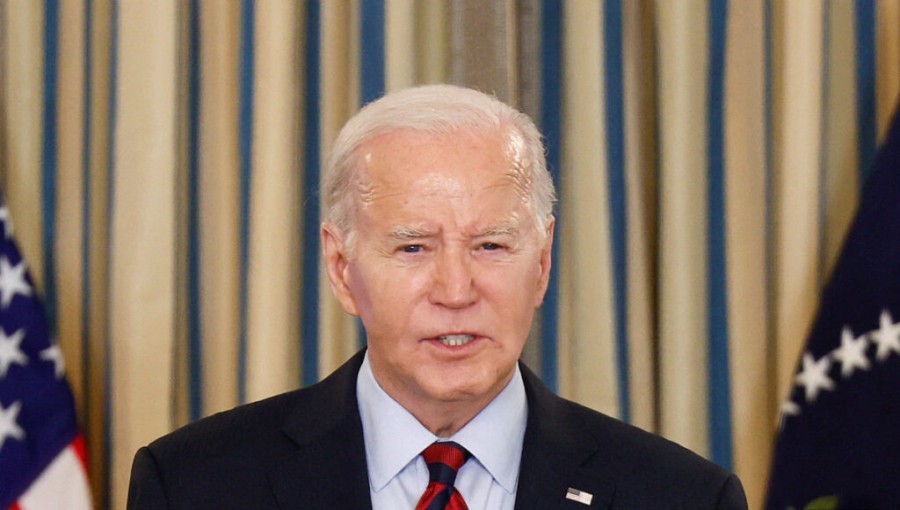The Biden administration's decision to lift the ban on U.S. sales of offensive weapons to Saudi Arabia marks a significant policy shift, reversing a stance that was put in place three years ago to pressure the kingdom to end its involvement in the Yemen war. The decision comes amidst a complex geopolitical landscape, particularly after the October 7 Hamas attack on Israel, and signals a warming of ties between the U.S. and Saudi Arabia.
The ban had been a response to the high civilian toll of Saudi Arabia's military campaign in Yemen, a conflict largely viewed as a proxy battle between Saudi Arabia and Iran. However, since the U.N.-led truce in March 2022, Saudi airstrikes in Yemen have ceased, and cross-border attacks from Yemen into Saudi Arabia have significantly decreased. This de-escalation, along with improvements in Saudi Arabia's civilian harm mitigation processes, has influenced the U.S. decision.
The lifting of the ban also aligns with broader strategic goals, including potential defense agreements and civil nuclear cooperation between the U.S. and Saudi Arabia, as part of efforts to stabilize the region and possibly normalize relations between Saudi Arabia and Israel.
This policy change highlights the evolving nature of U.S. foreign relations in the Middle East, where traditional alliances and conflicts are being reassessed in response to new challenges and opportunities.































Comment: